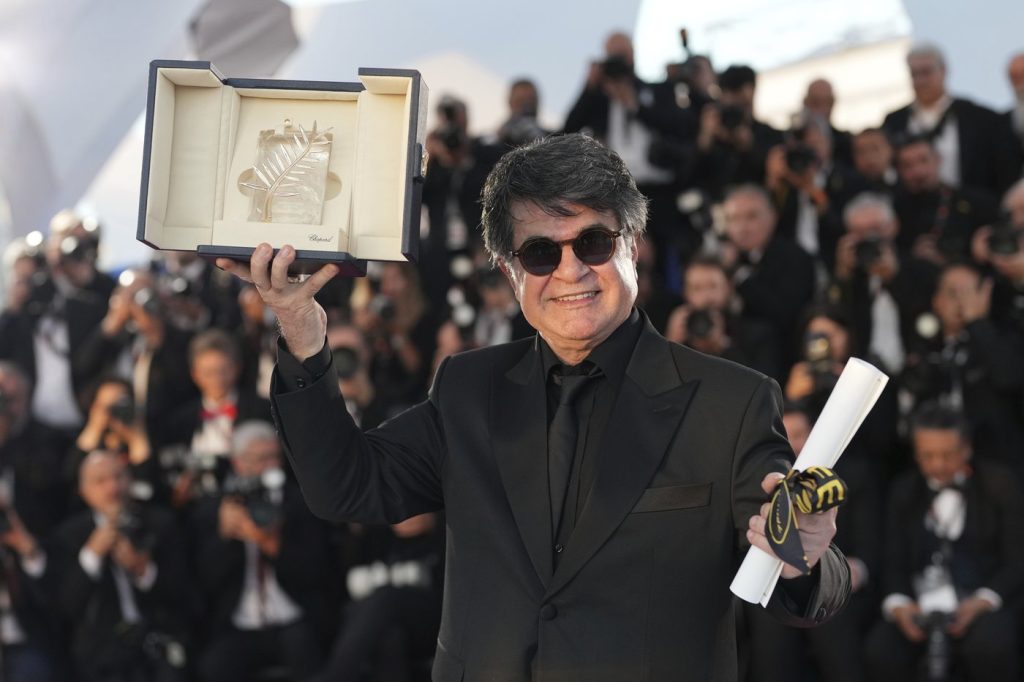DUBAI, United Arab Emirates (AP) – Iran has summoned the French representative in response to comments made by French Foreign Minister Jean-Noel Barrot, who praised the Iranian film It Was Just an Accident as a "gesture of resistance" against the regime's oppression. This film, which won the prestigious Palme d'Or award at the Cannes Film Festival, follows a man who kidnaps his suspected torturer after enduring abuse in prison.
The Iranian Foreign Ministry expressed its outrage, calling Barrot's remarks "interventionist, irresponsible, and instigative." Foreign Minister Abbas Araghchi criticized France's moral authority, referencing the country's position on the ongoing conflict between Israel and Gaza. Despite France's threats of "concrete action" against Israel, its statements were largely dismissed as empty threats.
Upon the film's award announcement, Iranian state media offered a reserved response, attributing the success to the country's film industry, which notably achieved its second Palme d'Or after Abbas Kiarostami's 1997 film, Taste of Cherry. Jafar Panahi, the film's director, had previously faced significant hurdles in his creative endeavors, needing to bypass governmental censorship to complete his work. His latest project, It Was Just an Accident, was produced without the necessary permits, leading state television to accuse it of being a mixture of "lie and smearing."
The narrative of It Was Just an Accident centers on a character named Vahid, played by Vahid Mobasser, who believes he has encountered his former captor. In a disturbing series of events, he abducts this man and embarks on a journey into the desert, grappling with complex themes of revenge and forgiveness as he seeks confirmation of his suspicions from other former prisoners. Panahi's work is deeply influenced by his own experiences and those of his fellow detainees.
While pro-reform media and activists hailed Panahi's recognition, labeling it as a triumph of dedication to humanistic values, Iranian state media, including the Mizan news agency linked to the judiciary, decried the Palme d'Or as a politically motivated award due to Panahi's oppositional stance against the regime.
Panahi, regarded as one of the leading filmmakers internationally, has faced governmental restrictions since 2009, initially due to his participation in protests following a student’s death during anti-government demonstrations. His previous travel ban was extended for two decades, yet he continued to create acclaimed films, even producing This Is Not a Film (2011) on an iPhone while under house arrest. In 2022, he was sentenced to six years in prison for disseminating anti-government propaganda, a sentence that had remained unenforced since 2011. Following a hunger strike in early 2023, he was released from Tehran's Evin Prison.
Despite the risks of further imprisonment, Panahi has stated his intention not to seek asylum in another country, revealing a profound attachment to his homeland despite its oppressive circumstances. He articulated, "It's simple. I'm unable to live here. I have no ability to adapt to a new country, a new culture. Some people have this ability, this strength. I don't."
Upon returning to Tehran, Panahi was greeted by enthusiastic fans, who celebrated his victory and his resilience against the regime's censorship and oppression. The film's recognition at the Cannes Film Festival has further sparked discussions surrounding the artistic expression and human rights situation in Iran.











